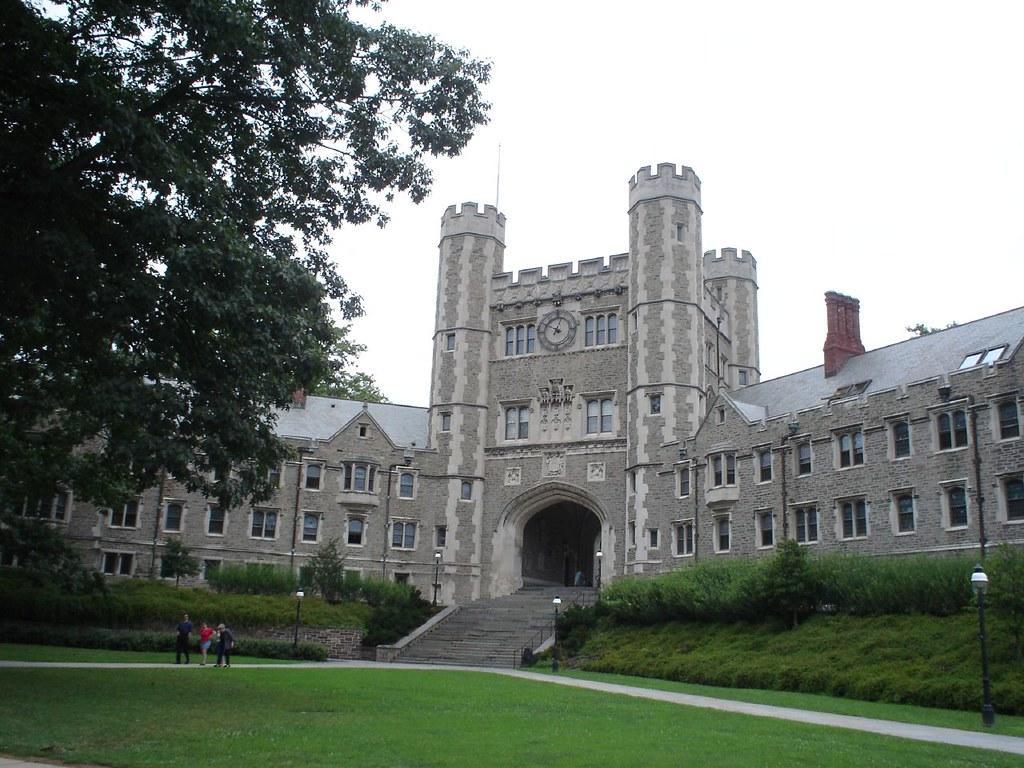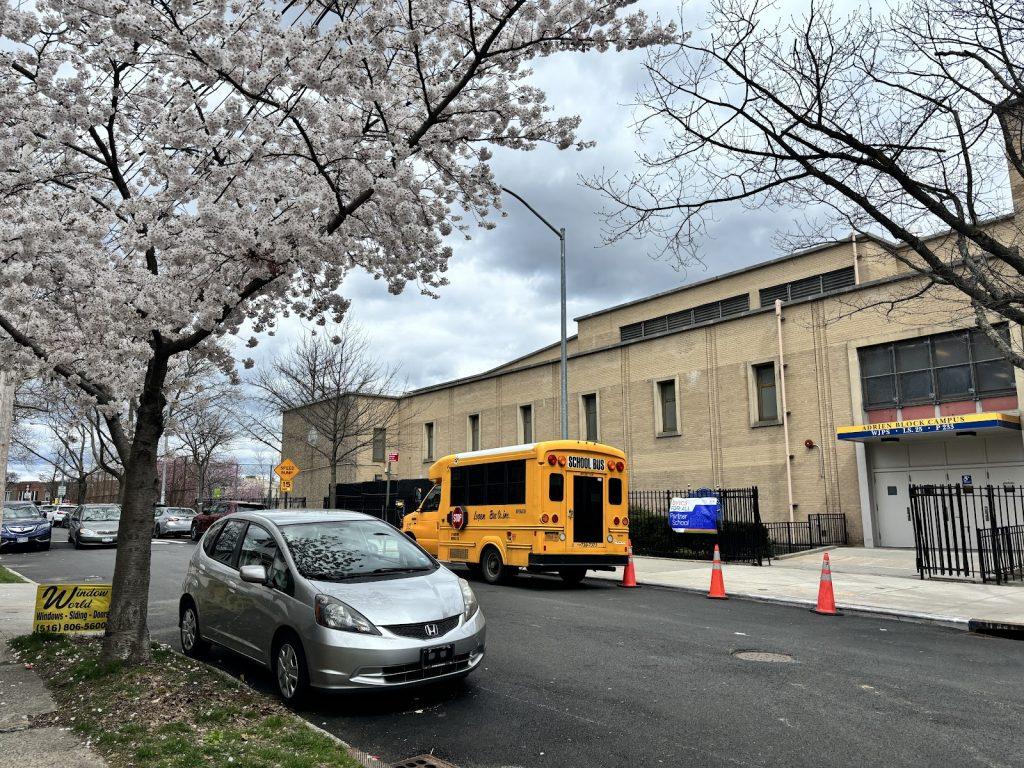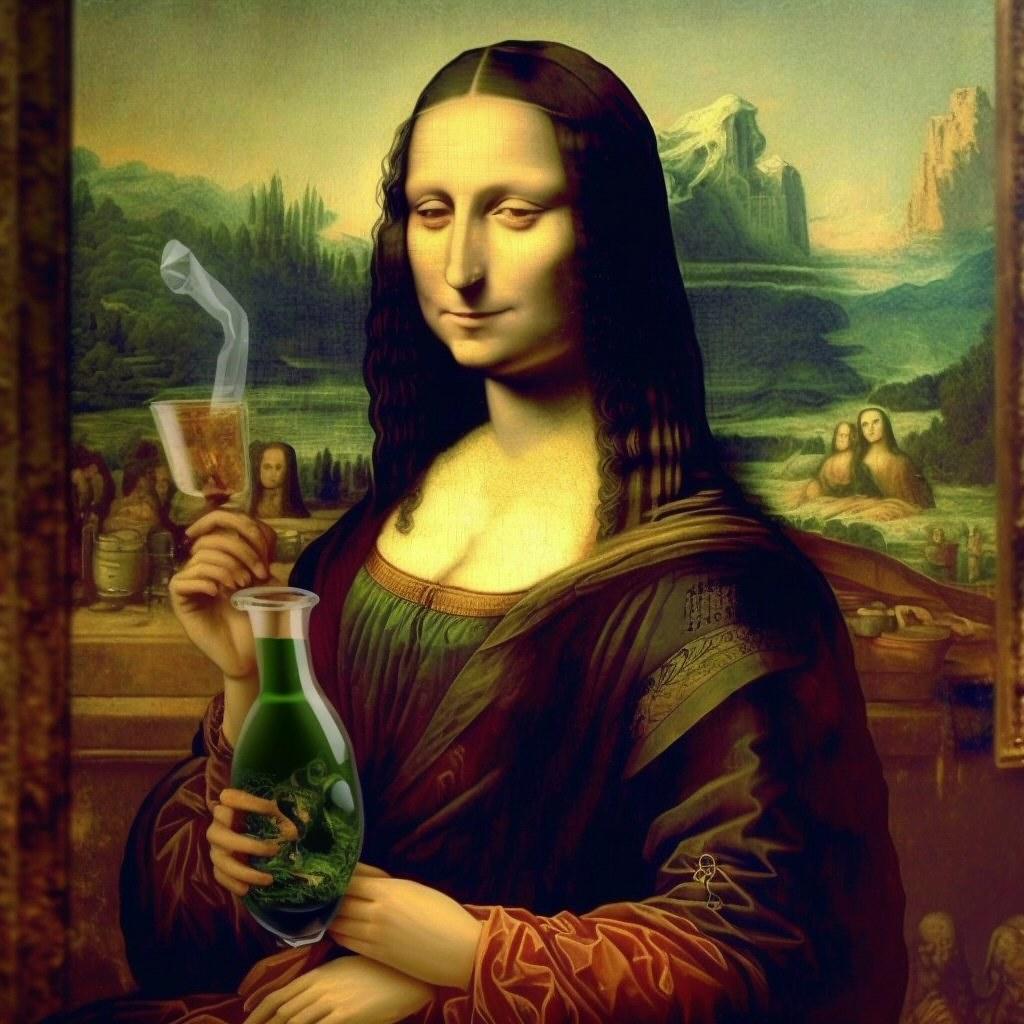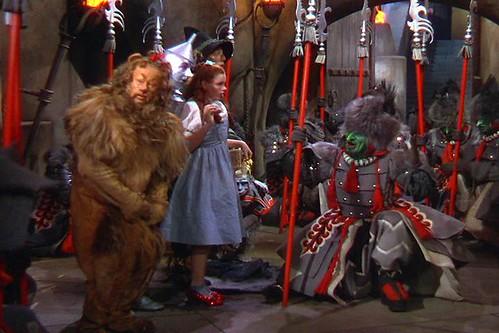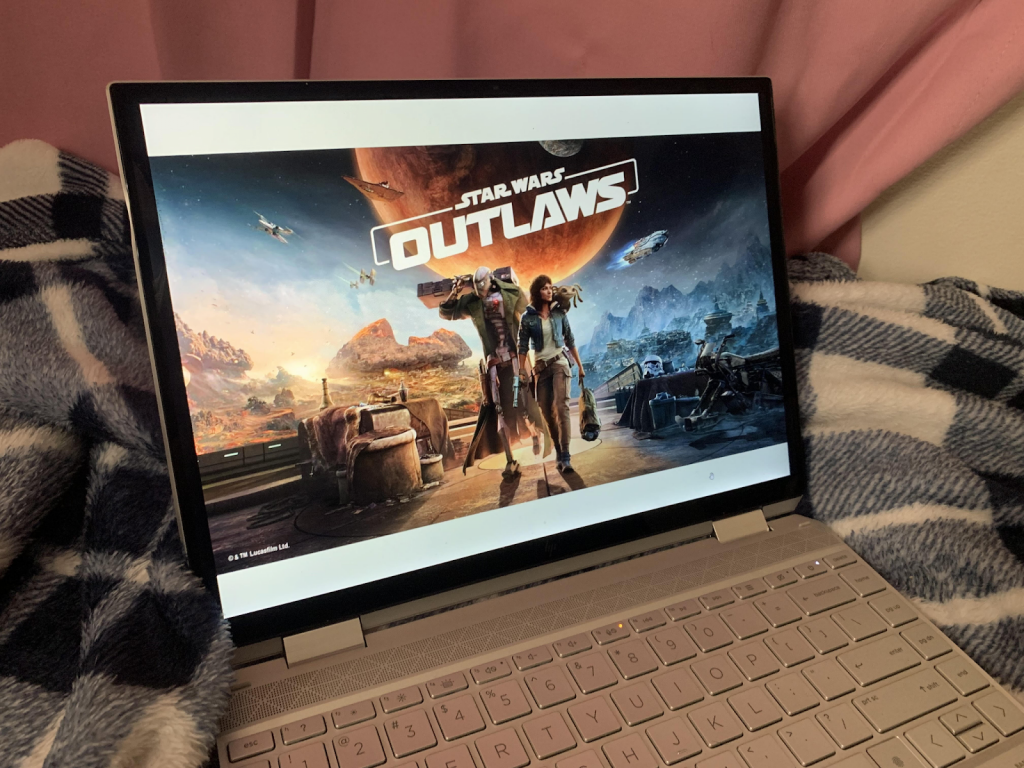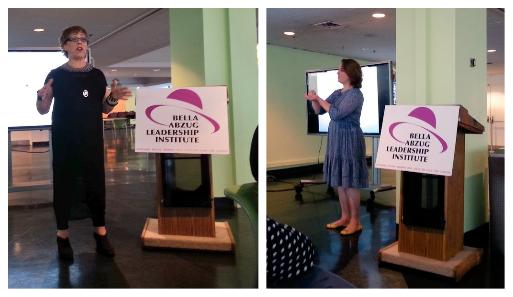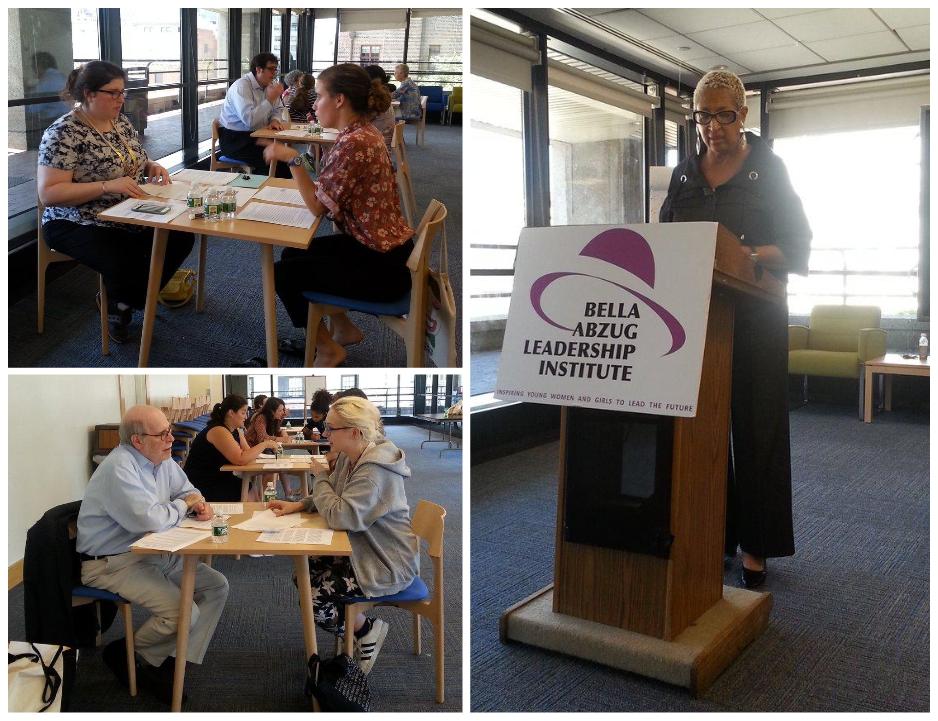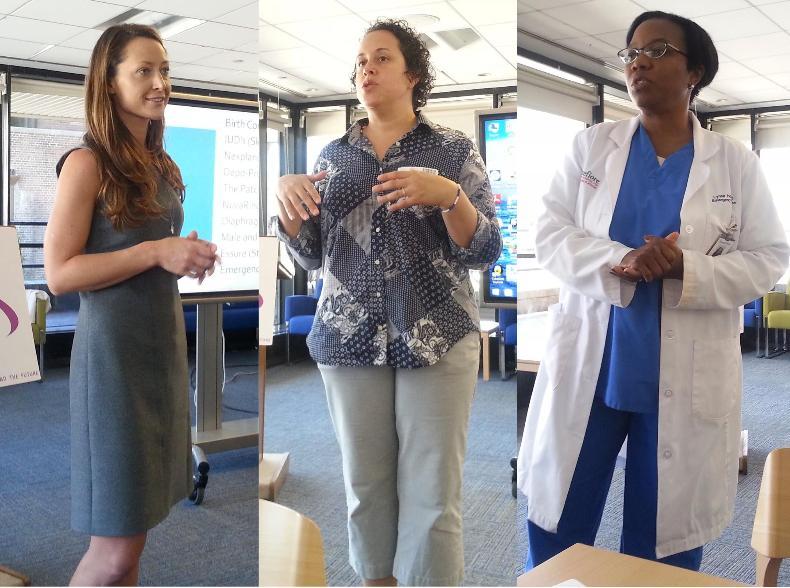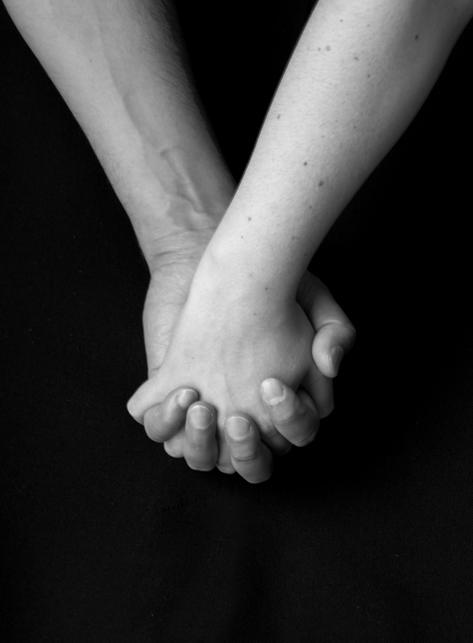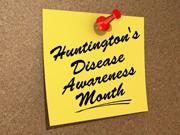
by Jaclyn Thompson, news editor
People with Huntington’s Disease aren’t able to control their bodies, instead their bodies control them.
Huntington’s Disease(HD) is a condition where nerve cells in sections of the brain deteriorate. This disease is a progressive brain disorder that causes uncontrolled movements, emotional problems, and loss of thinking ability (cognition). More than 250,000 people are at risk of developing the disease.
HD is a genetic disease caused by a genetic deficiency on the chromosome 4. This part of the DNA is supposed to reoccur 10-28 times but someone with a disease it is repeated 36 to 120 times more than a person without HD.
Symptoms
Some symptoms of HD are behavior changes, Abnormal and unusual movements and dementia. Quick, sudden, sometimes wild jerking movements of the arms, legs, face, and other body parts.This genetic disease is most commonly developed in people’s 30-40’s and it slowly but surely gets worse. Behavior changes may happen before movement issues.
“There is symptomatic treatment but no cure and people generally die between 10-20 years after onset,” Jill Goldman (MD) said.
HD progressively gets worse throughout the 3 stages. The early, mid and late stages.
Stage One
In the early stages, people tend to have changes in mood, movement, and thinking ability. The person with HD may still be able to do everyday things, for example drive or go to work, but need a little extra time and help.
Stage Two
During the mid stage, people with HD will lose the capability to do everyday things and need help accomplishing daily activities. This is the stage that people start to apply for disability.
One’s movement will lead to difficulties with balance, swallowing, and voluntary motor tasks. The behavioral symptoms will affect everyone differently and indifference at this stage can lead to personal and family issues.
Stage Three
In the late stage this disease the person with HD can suffer the ability to talk and answer, but is still able to understand what is going on. In this stage, many people diagnosed enter into a Long Term Care facility, which can provide 24/7 care.
“It’s sort of like a mixture of ALS [Amyotrophic lateral sclerosis], MS [Multiple sclerosis], Alzheimer’s and Parkinson’s all wrapped up into one crazy disease,” Emerick told FoxNews.com.
How many people are affected by it?
An estimated 30,000 people get HD nationwide, although there’s still that 250,000 people affected by it.
“No, I have never heard of this disease,” Christos Parlionas, “ But now that I am aware it seems to me more people should be aware of it because it seems very harmful and awareness should be spread.
Passing the HD gene to a child is random. Parents do not have to pass the gene to any of their children, but some pass it down to all. HD does not skip generations. Therefore, if a child does not inherit the gene, they cannot pass it on to future generations.
“ I have a 50/50 chance of getting HD and it affected my mom, uncle, grandpa aunt and cousin,” MaryAnn Emerick secretary of the HDSA ny chapter said.”
Treatment
There is no treatment for HD. No medicine can slow down the progression of the disease. Although physical therapists can help with movement. Neuroleptic drugs are typically prescribed to reduce involuntary movement. Antidepressants or antipsychotic medications are generally recommended for psychological symptoms.
“Caring for them is very difficult-more, not less than many other diseases,” Jill Goldman (MD) said.
Spread the Awareness
One who has the gene must develop HD. When having Huntingtons Disease the persons body controls them. This disease not only affects the person diagnosed but the persons families too. Help them. Support them. Raise awareness.
| Clinical findings | Juvenile and childhood onset | Adult and late onset |
| Rigidity | 100% | 86% |
| Bradykinesia | 100% | 33.5% |
| Ataxia | 100% | 67% |
| Dystonia | 75% | 48% |
| Chorea | 75% | 86% |
| Dysarthria | 100% | 76% |
| Pyramidal signs | 100% | 76% |
